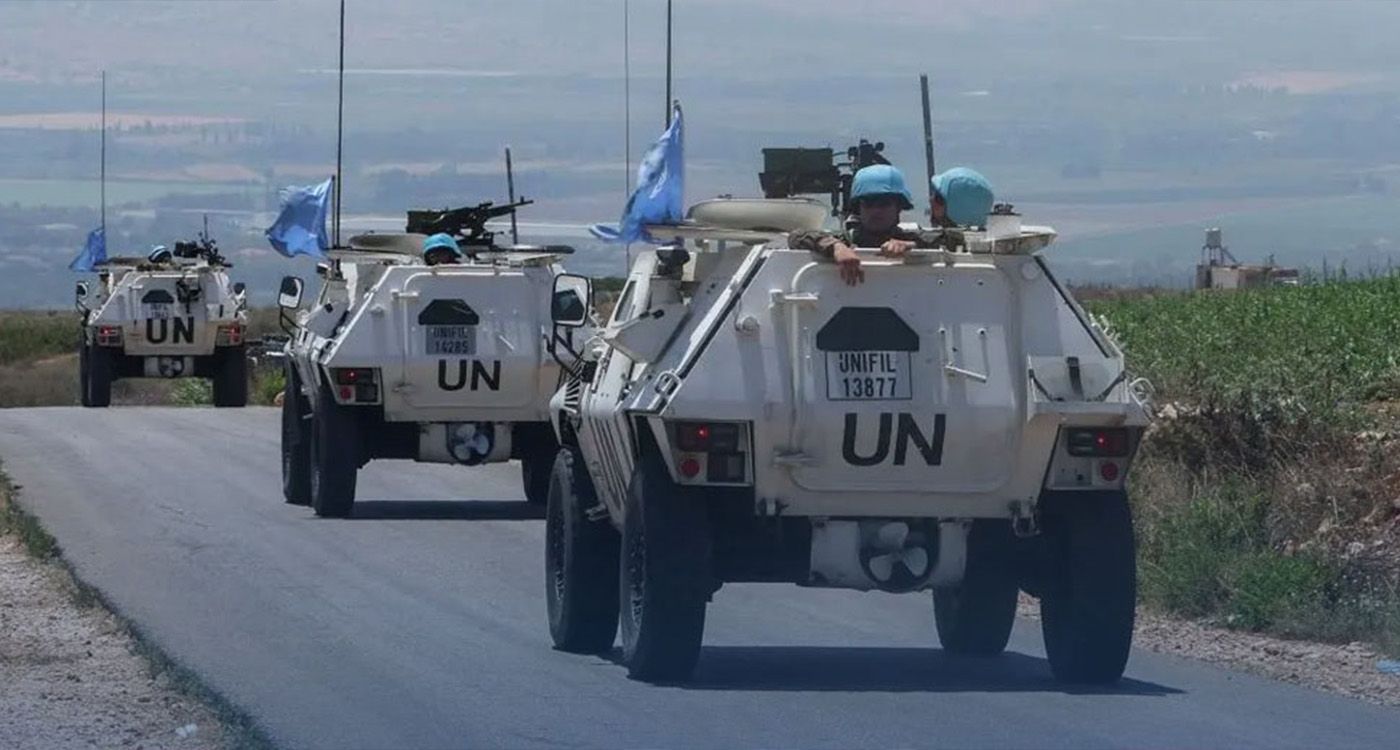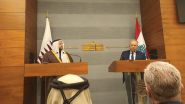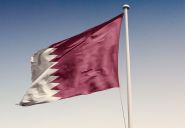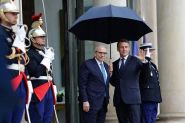
As the United Nations Interim Force in Lebanon (UNIFIL) approaches its annual mandate renewal this August, tensions are mounting in south Lebanon following repeated altercations between residents and peacekeepers, jeopardizing the mission’s future.
French presidential envoy Jean-Yves Le Drian is in Lebanon to reaffirm Paris’ long-term commitment not just to Lebanon’s political stability, but also to the preservation of UNIFIL as a critical buffer force in one of the region’s most volatile zones.
Le Drian’s mission is far from complete with the election of a president and the formation of a fully functioning government. According to a well-informed political source, speaking to This is Beirut on condition of anonymity, France’s position is very clear regarding the “state’s monopoly on weapons that should go hand in hand with discussions around a reconstruction conference and the rebuilding of state institutions.”
However, the most pressing issue that Le Drian raised in his encounter with Lebanese officials, including President Joseph Aoun, Speaker Nabih Berri and Prime Minister Nawaf Salam, is UNIFIL’s annual mandate renewal.
Each year around this time, pressure builds around the renewal of UNIFIL’s mandate. But this year’s renewal process is shaping up to be more contentious than usual.
While Israel has made clear it views the mission as increasingly ineffective, and has questioned its value altogether, some voices within the international community argue UNIFIL’s mandate should be strengthened, not weakened, to ensure it can actually fulfill its role in monitoring ceasefire violations and maintaining calm along the Blue Line.
Caught between these pressures is a fragile status quo on the ground.
“Between these two trends, negotiations around the resolution’s text and UNIFIL’s mandate and prerogatives appear inevitable,” the source said.
Recent weeks have seen a rise in civilian disruptions of UNIFIL patrols in southern Lebanon, where residents – many of whom align politically with Hezbollah – have physically obstructed peacekeepers, citing their unaccompanied presence. These confrontations prompted UNIFIL to issue a rare public clarification: under its mandate, it does not require Lebanese Army escorts to carry out its movements.
“UNIFIL is asserting its rights in response to orchestrated efforts to curtail its operations,” sister media Huna Lubnan said, quoting Lebanese politicians. “Hezbollah is using local residents to signal that, on the ground, nothing has changed – UNIFIL may be here, but its hands are tied.”
Meanwhile, France continues to view UNIFIL as a cornerstone of regional security. Being the lead sponsor of the Security Council resolution that renews UNIFIL’s mandate, it is doubling down on its support for the renewal amid mounting challenges to the mission’s role and legitimacy.
In Washington, support for UNIFIL appears more conditional. There are growing questions about the cost and effectiveness of the mission – concerns that have fueled speculation of a potential downsizing or restructuring. Some Lebanese analysts see this as part of a broader American reevaluation of its role in Lebanon, particularly as US policy remains focused elsewhere in the region, notably Iran.
With Lebanon preparing for a potentially fierce diplomatic campaign ahead of the Security Council vote, officials in Beirut are aware that mere expressions of support will not suffice. International backers are likely to demand visible progress on long-standing issues – chief among them, the state’s monopoly on arms, a direct challenge to Hezbollah’s military dominance.
Whether through subtle mandate adjustments or public diplomatic showdowns, the coming months will determine whether UNIFIL remains a pillar of stability or a casualty of shifting geopolitical winds.




Comments